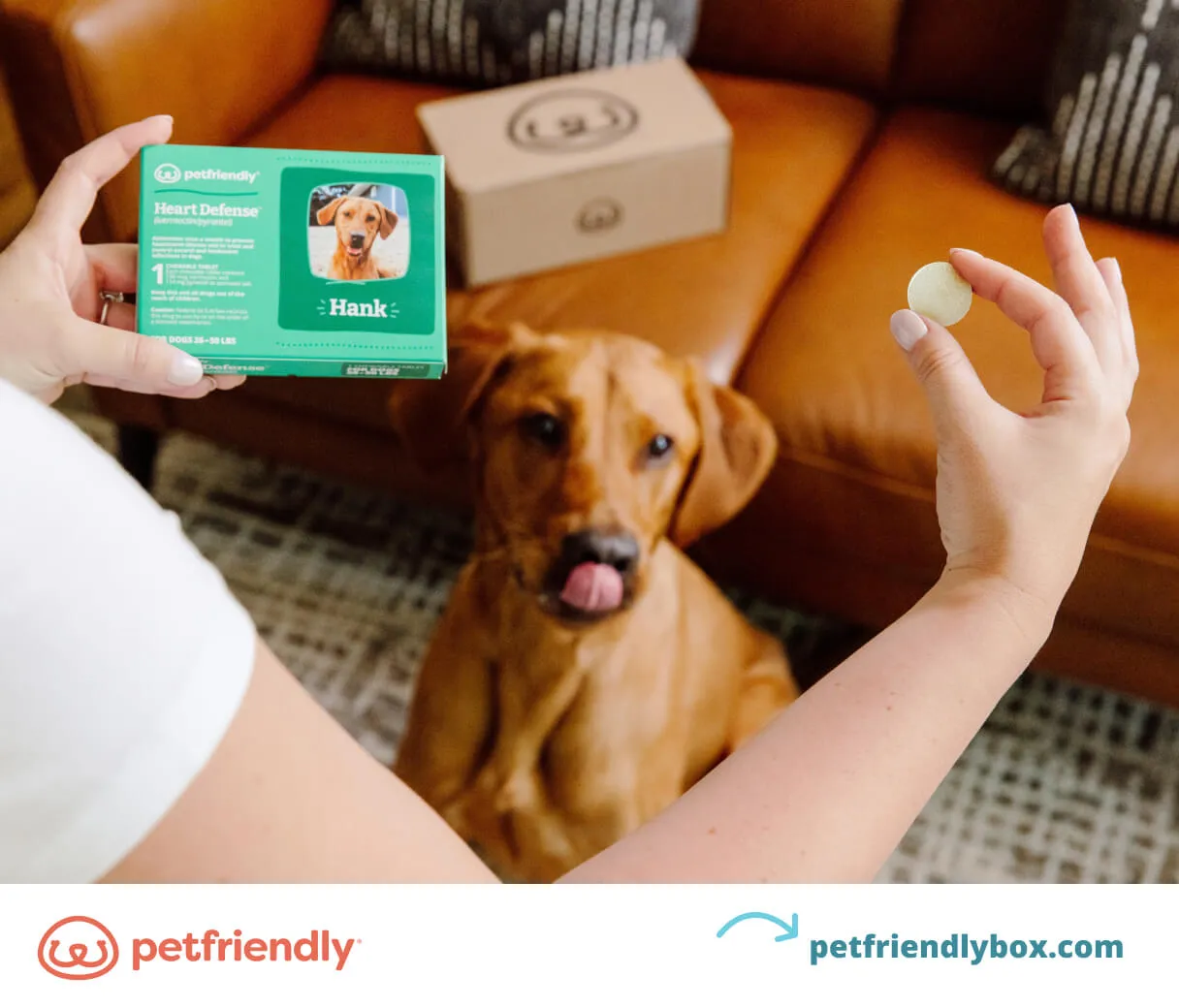Heartworm disease poses a serious threat to our canine companions, and as responsible pet owners, ensuring their protection is paramount. While the idea of a “safest” option is appealing, it’s crucial to understand that effectiveness and safety are often intertwined with a dog’s individual health, lifestyle, and breed. This guide aims to demystify heartworm prevention, helping you make informed decisions for your furry family member.
Heartworm infection, a potentially fatal illness, is transmitted through mosquito bites. The larvae transmitted by these insects mature into adult heartworms that reside in the dog’s heart, lungs, and associated blood vessels. As these parasites grow and multiply, they can cause significant damage, leading to symptoms such as pale gums, fatigue, weight loss, difficulty breathing, and even kidney failure. Given the severity of this disease, consistent annual testing and preventive medication are vital for every dog’s well-being. It’s important to note that dogs diagnosed with heartworm infection are not eligible for preventive medications; instead, they require specific heartworm treatment administered by a veterinarian. Sticking to a monthly prevention plan is the most effective way to keep your dog safe.
Understanding Heartworm Prevention
Heartworm prevention medications work by targeting the immature stages of the heartworm parasite, effectively stopping their development before they can mature into adult worms and cause harm. These preventatives are the most reliable method for safeguarding your dog against heartworm disease. Many comprehensive products not only prevent heartworm but also offer protection against other internal parasites like hookworms and roundworms, which can also negatively impact a dog’s health and necessitate additional veterinary visits.
Heartworm medications are available in various convenient forms to suit different preferences and needs:
- Chewable tablets and soft chews: These are administered orally and are a popular choice for many pet owners.
- Topical treatments: Applied directly to the skin, typically monthly, and are often dosed based on weight.
- Injections: Administered by a veterinarian, providing protection for either six or twelve months.
For oral medications, dosage is usually categorized by weight ranges: small, medium, and large dogs. Owners of extra-large breeds may need to combine doses to ensure adequate coverage. It’s a critical point to remember that pet parents cannot purchase heartworm medication for their dogs without a prescription from a veterinarian. To obtain this prescription, your dog will first need to undergo a heartworm test. The American Heartworm Society recommends annual heartworm testing for all dogs and year-round preventive administration.
 What is heartworm prevention
What is heartworm prevention
Key Factors for Choosing Heartworm Prevention
When selecting a heartworm prevention medication, several crucial qualities should be considered to ensure you are providing the safest and most effective option for your dog.
1. Prevents Larval Development
The most critical function of a heartworm preventative is its ability to halt the development of heartworm larvae. As long as the parasites remain in the larval stage, they are not yet capable of causing significant harm to your dog.
2. Broad-Spectrum Protection
For comprehensive parasite control, it’s highly recommended to choose a heartworm medication that also addresses other common internal parasites, such as hookworms and roundworms. These parasites can also pose serious health risks and require separate treatments if not included in your primary preventative.
3. Safe and Effective Ingredients
The active ingredients in any heartworm medication should be of veterinary quality and approved by regulatory bodies. Common active ingredients include ivermectin, milbemycin oxime, moxidectin, selamectin, and pyrantel. Your veterinarian can help you understand which ingredients are best suited for your dog.
4. Minimal Adverse Reactions
While most dogs tolerate heartworm medications well, some may experience adverse reactions. It is essential to be aware of potential side effects and to consult your veterinarian immediately if you notice any concerning symptoms after administering the medication. A notable concern for certain breeds, particularly herding dogs and mixed breeds with herding ancestry, is the MDR1 gene mutation. This genetic condition can cause sensitivity to ivermectin, a common ingredient in heartworm preventatives. Breeds like the Australian Shepherd, Border Collie, Collie, German Shepherd, Old English Sheepdog, and Shetland Sheepdog are known to be predisposed. Always discuss your dog’s breed and any known genetic sensitivities with your vet.
 What to look for in heartworm prevention medication
What to look for in heartworm prevention medication
5. Consistent Monthly Administration
Most heartworm preventatives are packaged in supplies for three or six months, requiring owners to remember to administer the medication monthly. Opting for a product that simplifies this process or provides a convenient delivery schedule can help ensure consistent protection for your dog.
Common Heartworm Medications for Dogs
The market offers a variety of heartworm medications, each with its own set of active ingredients and spectrum of protection. When making a choice, consider your dog’s current health status, specific needs, and any other medications they may be taking.
- Heartgard® Plus: This popular option combines ivermectin and pyrantel to protect against heartworms, hookworms, and roundworms. It is available as a palatable soft chew.
- Tri-Heart® Plus: Similar in active ingredients to Heartgard Plus (ivermectin and pyrantel), Tri-Heart Plus is a chewable tablet typically offered in a six-month supply.
- Advantage Multi®: This is a topical treatment that offers protection against heartworms, hookworms, roundworms, whipworms, and ear mites. It also combats adult fleas, but it does not repel or kill ticks, mosquitoes, flea eggs, or flea larvae. For comprehensive protection, consider a dedicated flea tick meds for dogs if ticks are a concern.
- Simparica Trio: This all-in-one chewable tablet provides protection against fleas, ticks, flea eggs, flea larvae, heartworms, hookworms, and roundworms. However, it does not offer repellent properties against fleas, ticks, or mosquitoes. For complete care that includes repelling these pests, exploring prescription flea treatment for dogs might be beneficial.
It’s important to remember that complete pet health involves more than just heartworm prevention. Keeping your pet protected from fleas and ticks is equally crucial. Investing in a best flea and tick treatment for cats and dogs can help control infestations and prevent related diseases. For owners of larger breeds, ensuring appropriate dosage for their size is key; you might need to explore options like best flea and tick prevention for extra large dogs.
 types of heartworm medications for dogs
types of heartworm medications for dogs
Frequently Asked Questions About Heartworm Prevention
Addressing common concerns can help pet owners feel more confident in their choices regarding heartworm prevention.
Is heartworm treatment the same as prevention?
No, they are distinct. Heartworm treatment is specifically for dogs already diagnosed with heartworm infection, aiming to eliminate existing adult worms and larvae. Heartworm prevention is a proactive measure for healthy dogs to prevent them from ever contracting the disease.
Are vet prescriptions necessary for heartworm medications?
Yes, for most heartworm prevention medications, including popular brands like Tri-Heart Plus and Heartgard Plus, a veterinarian’s prescription is required. This is to ensure your dog is tested and deemed healthy enough for preventive medication.
What is the best way to prevent heartworms?
The most effective method is consistent monthly administration of a veterinarian-prescribed heartworm preventative. Prioritizing your pet’s safety through a reliable prevention strategy is paramount.
Can an infected animal spread heartworm infection directly to other animals?
No, heartworm disease is transmitted solely through mosquito bites. An infected dog cannot directly transmit heartworms to another dog or cat through physical contact.
Can my dog contract heartworms from cats or guinea pigs?
Heartworm infections do not transmit between dogs, cats, or guinea pigs. However, it is important to protect all susceptible pets, including cats, from heartworm disease through routine testing and prevention.
What pet medications are available without a prescription?
While heartworm preventatives require a prescription, numerous other pet medications are available over-the-counter. These can include products for flea and tick control, allergy relief, pain management, and anxiety. For instance, flea and tick protection is often available without a prescription.
Ultimately, keeping your dog healthy involves a holistic approach. By understanding the risks of heartworm disease and diligently adhering to a veterinarian-recommended prevention plan, you can significantly contribute to a long and healthy life for your beloved canine companion.
